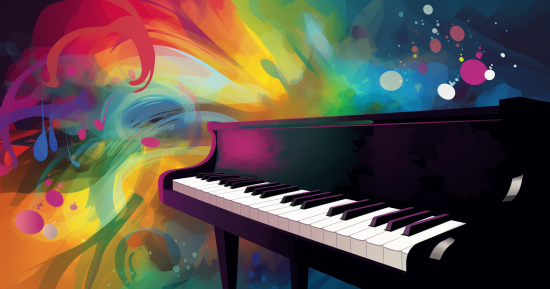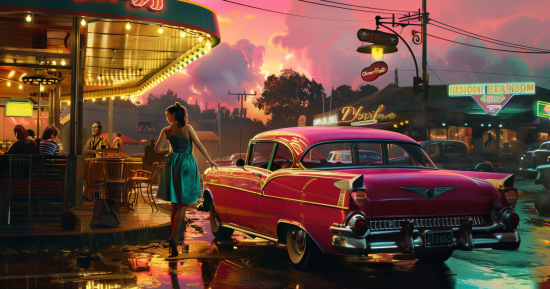Is music a form of art? Absolutely. Music is one of the most powerful and emotional forms of artistic expression. Like painting or sculpture, it moves people, tells stories, and captures culture. Whether you’re tapping your foot to a beat, playing an instrument, or simply enjoying your favorite playlist, you are experiencing art.
What Makes Music a Form of Art?
Music Is Human Expression
At its core, art is about expressing ideas, emotions, and imagination. Music does this through sound. It communicates joy, pain, hope, and everything in between. Just like a painting can express a feeling without words, music uses melody and rhythm to speak directly to the heart.
Structure and Creativity
Musicians use structure to shape their art, similar to how a painter chooses brushstrokes or a writer picks words. Notes, chords, rhythm, and tempo are the tools that composers use to create music that is unique and meaningful.
Cultural and Emotional Power
Music plays a key role in cultural identity. National anthems, wedding songs, lullabies, protest songs, they all connect people through shared experiences and traditions. Music often marks important moments in life and history.
Comparing Music to Visual Arts
While visual arts use shape and color, music uses sound and silence. Both forms share core artistic qualities:
- Emotional resonance: A song can evoke tears just like a painting can stir nostalgia.
- Narrative power: Both tell stories—whether through lyrics or visuals.
- Symbolism: Music uses motifs and themes, while visual art might use color, form, and placement.
- Creative process: Artists in both mediums begin with a vision and craft their work through intentional choices.
Music, however, adds a temporal element—unfolding over time. Unlike visual art that you can take in instantly, music is experienced moment by moment, making it dynamic and immersive.
Elements of Musical Art
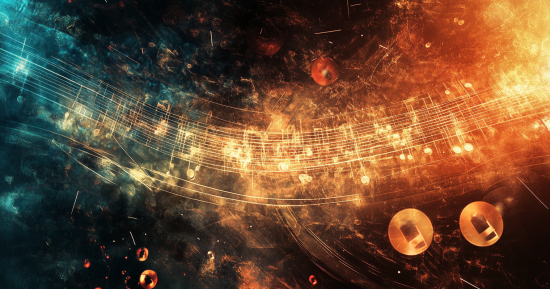
Composition
Creating music involves thoughtful planning and creativity. Composers build music from smaller parts, melodies, harmonies, and rhythms, to form something greater than the sum of its parts. This process mirrors how a sculptor molds material or how a director arranges scenes in film.
Performance
Every performance is a living interpretation of music. Like a dancer brings choreography to life, a musician transforms written notes into sound, adding emotion, energy, and nuance. The same piece can feel completely different depending on the performer’s touch.
Improvisation
Improvisation turns music into a real-time artistic act. Found in jazz, blues, rock, and even classical cadenzas, improvisation allows artists to respond to their emotions and audience in the moment. It requires deep skill, intuition, and expressiveness, hallmarks of any art form.
Arrangement and Production
Modern music often involves layering, editing, and enhancing sound using digital tools. Music producers shape the final output like an editor in film or a curator in an art gallery, deciding how the elements come together to create the emotional and artistic impact.
How Music Impacts Society
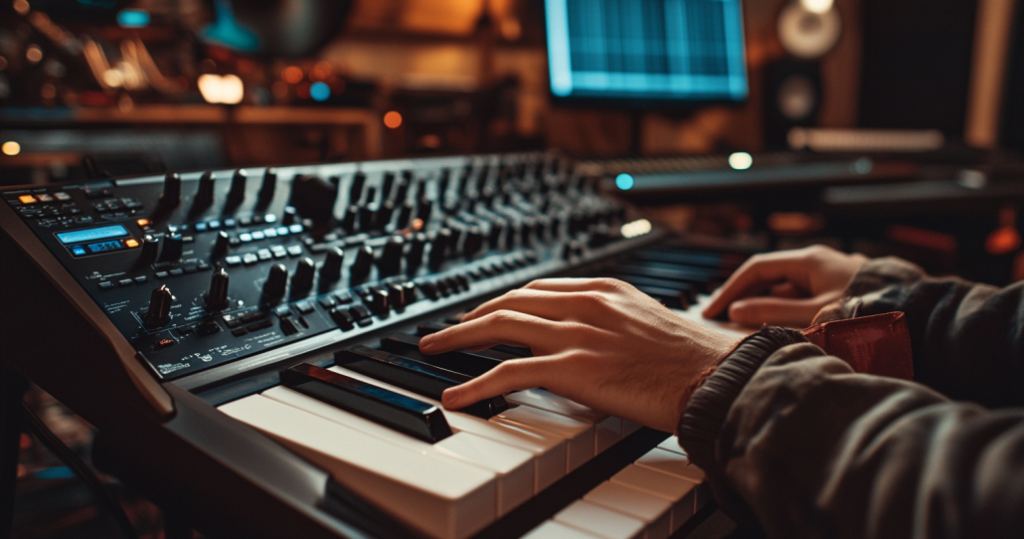
Emotional Expression
Music has a profound impact on our mood and mental well-being. It’s used in therapy to reduce stress, improve communication, and help people process trauma. Even a simple melody can uplift spirits or help us feel understood.
Social Commentary
Throughout history, music has been a powerful tool for protest, awareness, and unity. Songs like Bob Dylan’s “Blowin’ in the Wind”, Kendrick Lamar’s “Alright”, or Billie Holiday’s “Strange Fruit” are more than entertainment, they’re calls to consciousness. Lyrics can challenge authority, amplify voices, and bring people together in common cause.
Technology and Innovation
Advances in technology have expanded the way music is created, shared, and consumed. Sampling, synthesizers, AI-generated melodies, and global streaming have redefined genres and how audiences interact with music. Social media now turns songs into movements, viral trends, or soundtracks of social change.
Education and Memory
Music plays a role in learning and memory retention. Educational songs, musical mnemonics, and rhythm-based activities are often used in schools and therapy to aid cognition and language development. In dementia care, familiar songs can unlock memories and emotions when words fail.
How to Appreciate Music as Art
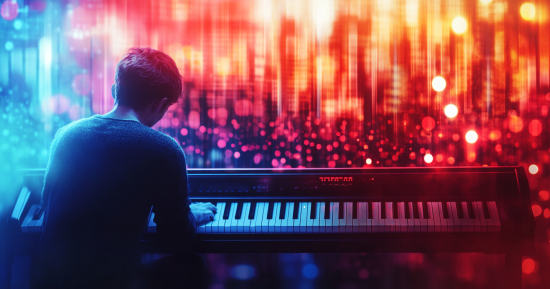
- Listen deeply: Focus on the layers, instruments, rhythm, lyrics, and mood
- Explore different genres: Try classical, hip-hop, folk, jazz, rock, or world music
- Learn an instrument: Creating music enhances your appreciation
- Attend live performances: Feel the energy and emotion of real-time art
- Read about music: Discover the stories behind songs and composers
FAQ – Music a Form of Art
Why is music considered a form of art?
Because it expresses emotion, creativity, and culture, just like painting, dance, or literature.
What makes music different from other art forms?
It uses sound over visuals. You feel it through rhythm, melody, and harmony.
Can music influence other arts?
Yes! It enhances theater, film, dance, and even visual installations.
Music is more than entertainment. It’s a universal language and a form of artistic expression that speaks across cultures and generations.
Whether you’re a listener, creator, or both, music is art. Feel it. Share it. Celebrate it.

